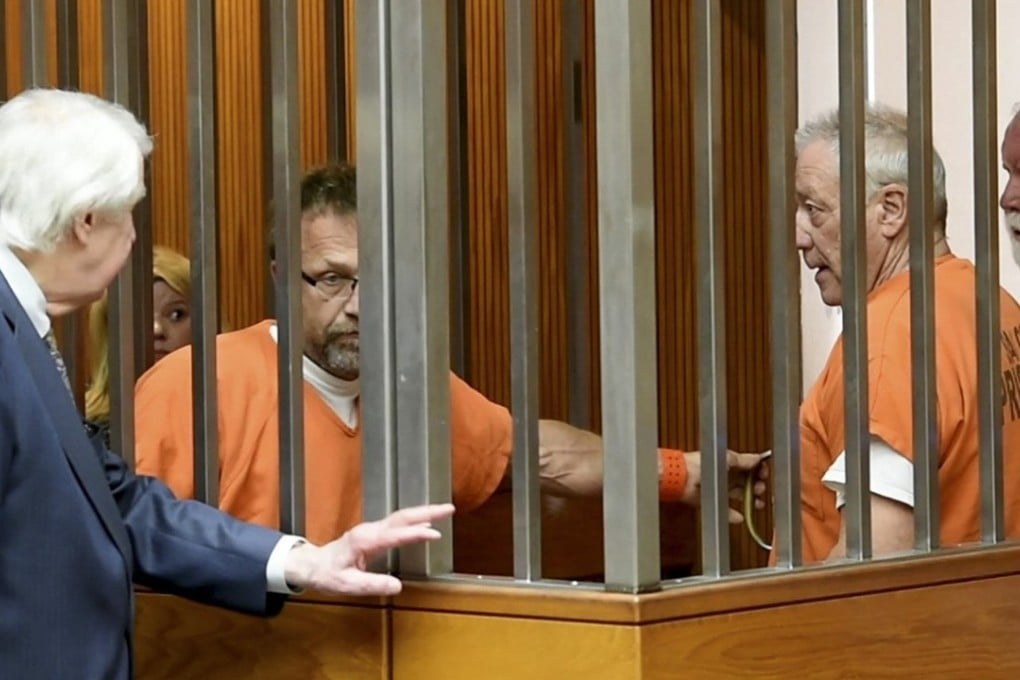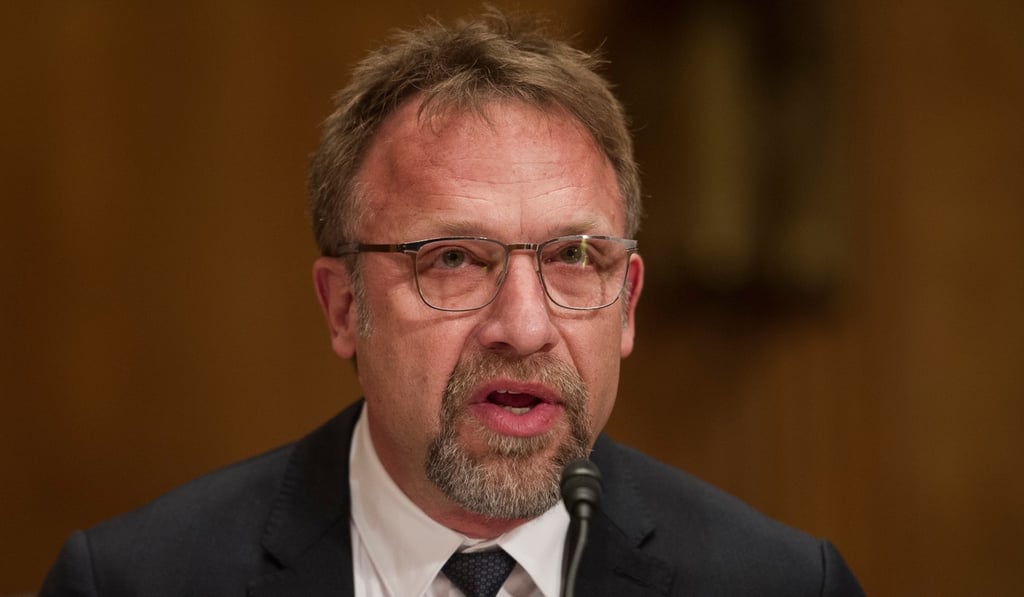How chance discovery of a Philippine child-sex ring helped FBI close book on Backpage.com
Human trafficking activists had been campaigning against the notorious sex ads website for years. Then a real estate company chanced upon a child-sex ring in the Philippines ...

One of the world’s most notorious sex ads websites was shut down last week by US authorities, bringing to a head a years-long fight by anti-human trafficking activists to close the online classifieds network. But the seizure of Backpage, which formed far-reaching links across Asia using an illicit call centre business in the Philippines, marks only a minor win in the war against trafficking networks.
Now subject to an FBI seizure notice, the website, which the US Justice Department has accused of doctoring and publishing ads depicting the prostitution of children, is barred to the public. The company’s bosses are facing a 93-count indictment with charges ranging from facilitation of prostitution to money laundering. While the CEO Carl Ferrer this week pleaded guilty, co-founders Michael Lacey and James Larkin maintain their innocence.

“Backpage has earned hundreds of millions of dollars from facilitating prostitution and sex trafficking, placing profits over the well-being and safety of the many thousands of women and children who were victimised by its practices,” said First Assistant US Attorney Elizabeth Strange after the much-publicised seizure.
Created in 2004, Backpage grew rapidly out of the decimation of the newspaper classifieds business. At its height it had 943 location sites on six continents, operated in 97 countries and in 17 different languages.
‘I was forced to sell my body in a Hong Kong bar’: a Filipino’s experience of trafficking, prostitution
The US indictment claims that as the site grew, Backpage began to edit or “clean up” advertising copy so as to hide the explicit promotion of prostitution, particularly of children. As well as nude images, they would “strip out adult terms” such as “Lolita”, “fresh”, “high school”, “tight” and “young”. By the mid 2010s, it had expanded across Asia and by the end of 2017, it had a presence in China (including Hong Kong), India, Japan, South Korea, Singapore, Thailand, Malaysia, Indonesia and Australia.
